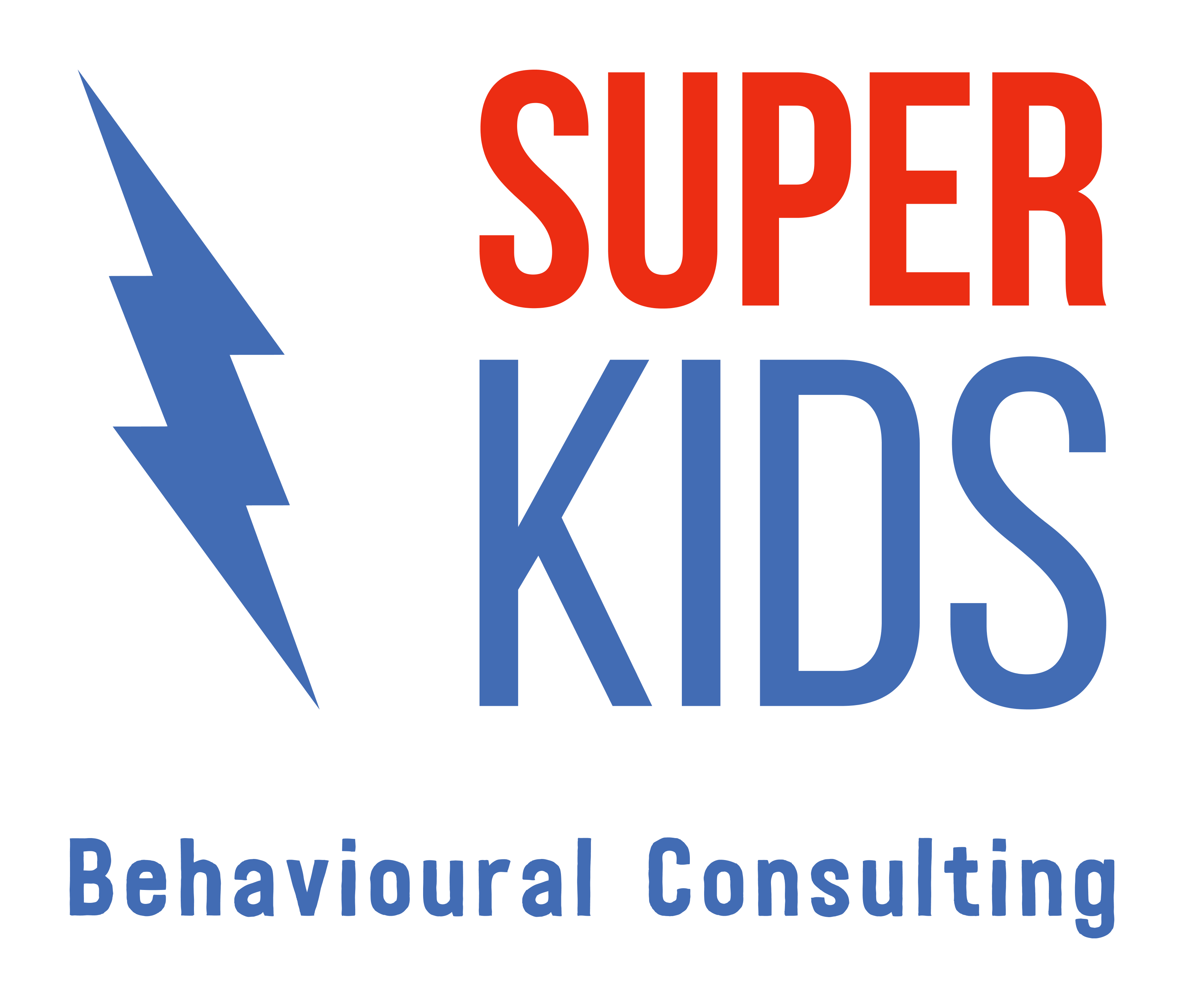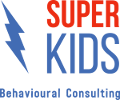Tuning in to Kids®
A program that teaches emotion coaching skills to parents and carers.
Tuning in to Kids® program teaches emotion coaching skills to parents and carers of children 3 – 10 years old.
When parents and carers use emotion coaching skills with their children it helps to develop their emotional intelligence, meaning that children are better able to talk about and regulate their feelings, work through challenging experiences and behave and respond in socially appropriate ways. Emotion coaching also helps to prevent and reduce mental health problems.
By learning to use emotion coaching skills, many parents and carers find their children talk to them more, want greater contact with them and share more of their emotional experiences with them. The program also helps parents and carers reflect on the ways they cope with their own emotions, and teaches skills in managing and expressing emotions when parenting.
What is Emotional Intelligence?
Emotional intelligence is about using our emotions to guide us through life. It’s about noticing and managing feelings, calming ourselves when we’re overwhelmed, handling conflict, navigating social situations, and strengthening our relationships. In this program, we’ll look at how to support children with their emotions, and also how we as adults can reflect on and manage our own challenges and feelings in ways that are helpful in friendships, relationships, parenting and life in general. It’s something we’re all still learning, including adults.
Why is Emotional Intelligence important?
Tuning in to Kids teaches parents and carers to:
- Notice children’s emotions before they become overwhelmed
- Accept, validate and empathise with their child’s emotions
- Help their child reflect upon or name their emotions
- Assist the child to work through the emotion
- Help their child problem solve if necessary.
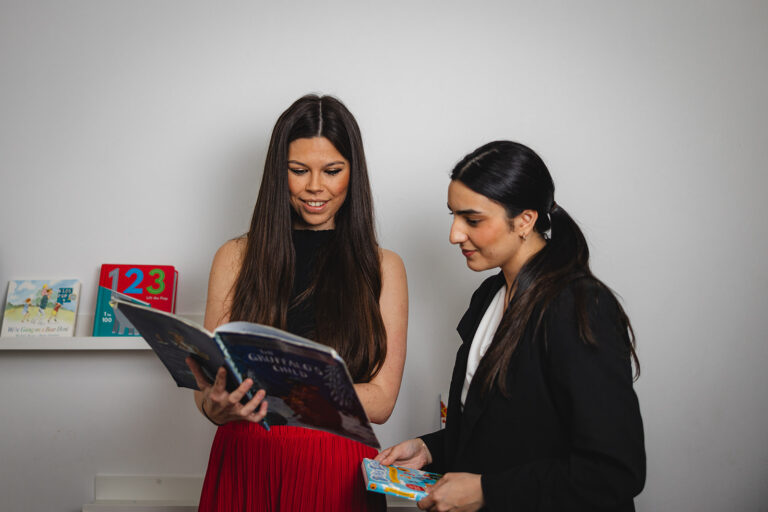
Tuning in to Kids teaches parents and carers to:
- Notice children’s emotions before they become overwhelmed
- Accept, validate and empathise with their child’s emotions
- Help their child reflect upon or name their emotions
- Assist the child to work through the emotion
- Help their child problem solve if necessary.
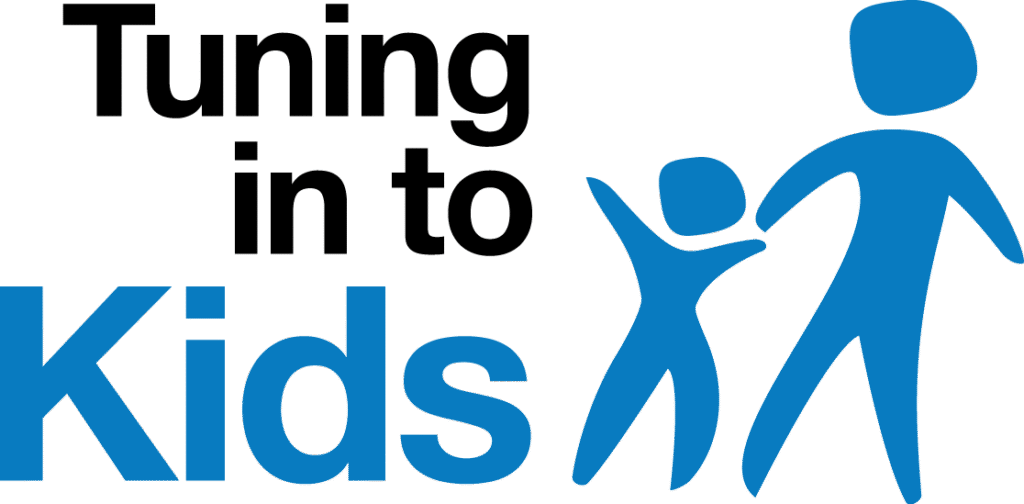
Program details
Program dates: Monday, November 3rd, 10th and 17th 2025
Time: 6:30–8:30pm
Location: Super Kids Behavioural Consulting, 9/56 Buffalo Road, Gladesville
Facilitators: Facilitated by Mia Andrade and Emily O’Hanna, Registered Psychologist
Cost: $330 (inc GST) for full 3 week program
NDIS Funding: Can be funded under your child’s NDIS plan if you are self-managed or plan-managed, under Parent Carer and Training (15_038_0117_1_3).
Booking: Spaces are limited! Confirm your position and purchase now!
Tuning in to Kids® was originally developed by Professor Sophie Havighurst and Ann Harley in 1999 and is evidence based. A number of randomised controlled trials and pilot studies have been conducted by our team as well as researchers in different countries around the world. See this research for further information.
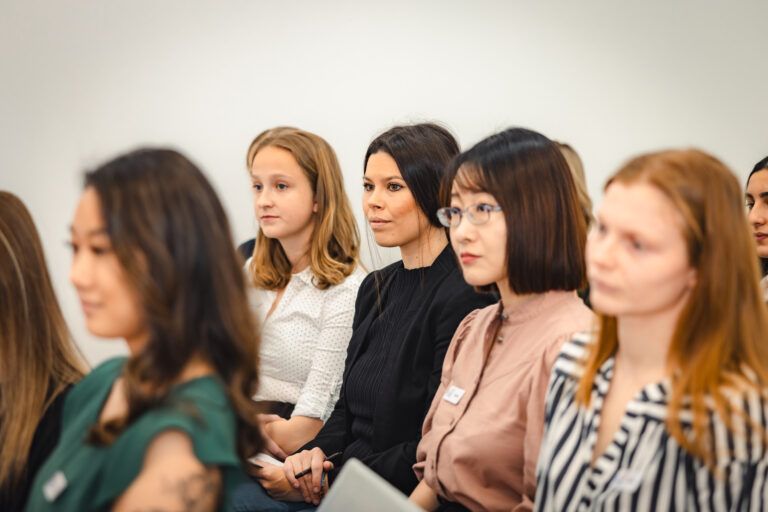
Interested in other groups that we offer during the school term and holidays, such as Early Intervention PlayGroup? Register your interest to go on the waitlist for our next available group by emailing us at [email protected].
CONTACT FORM
To find out more about Super Kids, please fill in the form below. Then we will be able to assist you with information about our programs, online courses and current waitlist status.
Super Kids acknowledges each individual’s personal preference to use identity-first or person-first language to describe themselves or their loved one. We interchangeably use both language conventions and therefore refer to both Autistic children and children with Autism.
